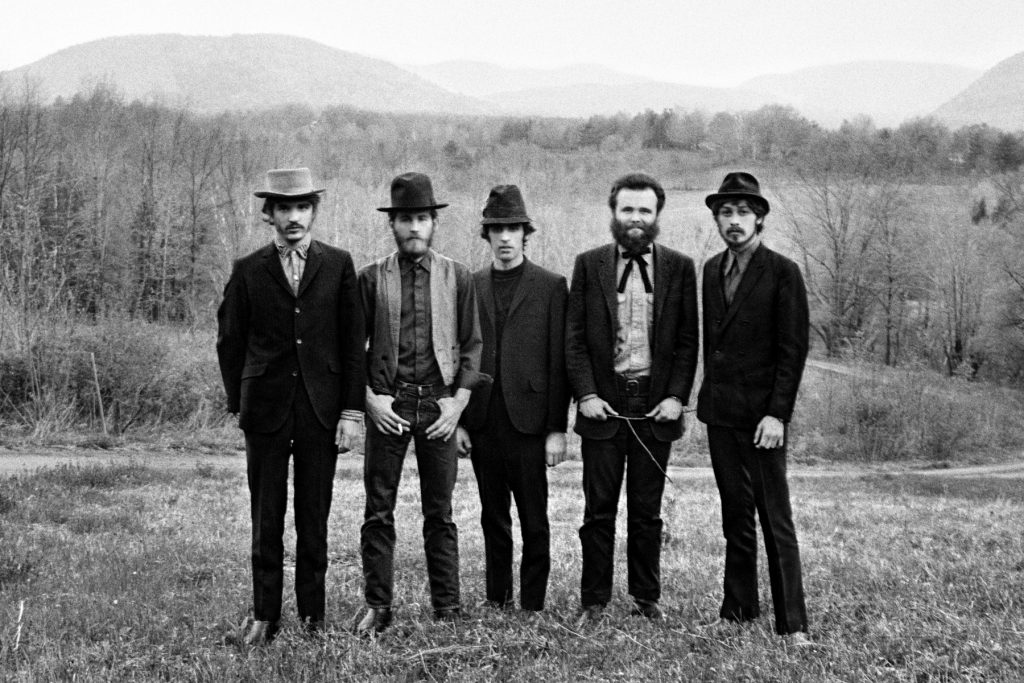

- #Martin scorsese presents the blues subtitles movie#
- #Martin scorsese presents the blues subtitles professional#
Sometimes I feel so low and I have the blues really, really hard about having to, you know, fly around the country. He travels to Texas for an on-location screening of “Tombstone” complete with his public appearance in front of a large and adoring crowd, and it leaves him melancholy, as he says in voice-over:

It is in contemplating that movie’s latter-day legacy that “Val” kicks into high emotional gear. He took the role of Doc Holliday, in the 1993 film “Tombstone,” very seriously, and describes the trick that he employed to emphasize the extreme-and real-physicality of his performance. He made one of himself as Jim Morrison, for Oliver Stone’s film “The Doors,” and got the part.
#Martin scorsese presents the blues subtitles movie#
In “Val,” he recalls that, when his movie career got under way, with “Top Secret!,” he deprecated it as “fluff.” Yet he hardly managed to shift to his desired path he didn’t want to do “Top Gun,” he recalls, because he found the script “silly” and “warmongering.” He was frustrated by the roles that were available he wanted to be in Stanley Kubrick’s “Full Metal Jacket” and Martin Scorsese’s “Goodfellas” and made his own audition tapes for them, to no avail. He intended to make a career onstage in his memoir, he recalls turning down a role in Francis Ford Coppola’s “The Outsiders” in favor of a play. As “Val” shows, from the time that Kilmer hit Juilliard, he was more than an actor-a play that he co-wrote, “How It All Began,” was performed while he was still in school and then was picked up by the Public Theater. Kilmer doesn’t make it explicit, but the gaping hole in his career, as presented in the film, is the absence of Wesley-of a director who would be more than a director, who would be a collaborator uniquely attuned to Kilmer’s fragile and volatile art. Kilmer talks of getting the news just before beginning his studies at Juilliard’s Drama Division, and his personal grief had an implicitly public dimension: he considered Wesley to be both his own crucial collaborator, his “confidant,” and an incipient great director (“an artistic genius”) with a major career ahead of him. In 1977, Wesley, a teen-ager, drowned in the family hot tub as a result of an epileptic seizure.
#Martin scorsese presents the blues subtitles professional#
“Val” is replete with the films and videos that Kilmer made as a child, a teen, a young adult, and a full-blown professional (and also a husband and father)-he has, he says, thousands of hours of videos and films-and it also offers clips from an exceptionally poignant body of work, the short fiction films that he made with his younger brother Wesley. Throughout childhood, long before the prospect of an acting career presented itself, Kilmer was not only an enthusiastic and joyful performer but also a moviemaker himself. Up to that point in the movie, the story of Kilmer’s childhood and early career, while filled with heartfelt recollections and reflections of his family life (much of it by way of a monologue written by Kilmer and spoken by his son, Jack), remains somewhat hazy and diffuse-with one startling, anguished exception. It takes him a while to do so in “Val”-and it’s only when he does, more than fifty minutes into the nearly two-hour film, that the movie takes flight-as he uninhibitedly vents pent-up frustration and disillusionment with ostensible highlights of his career. Yet it is, in its key moments, something equally significant: it offers Kilmer a showcase that he has been denied, not only by the ravages of cancer but, long before, by the troubled course of his career and the inherent obstacles of Hollywood filmmaking.Įarly in the documentary, Kilmer declares that he had long wanted to deliver his thoughts about the art of acting, which he also knows will be the story of his life. It is not a great film-its form is less personal than its substance, its revelations and insights come only intermittently. (The movie features subtitles when he speaks.) “Val,” directed by Leo Scott and Ting Poo, is nonetheless Kilmer’s self-portrait and autobiography. His treatment for the disease, which involved a tracheostomy, led to the extreme impairment of his voice-for the most part, he needs to cover a hole in a small plastic prosthesis in order to speak, and the result is a diminished monotone.

It’s ineffably painful, in the new documentary “Val,” to see Val Kilmer, an actor still in his prime, enduring the effects of throat cancer.


 0 kommentar(er)
0 kommentar(er)
